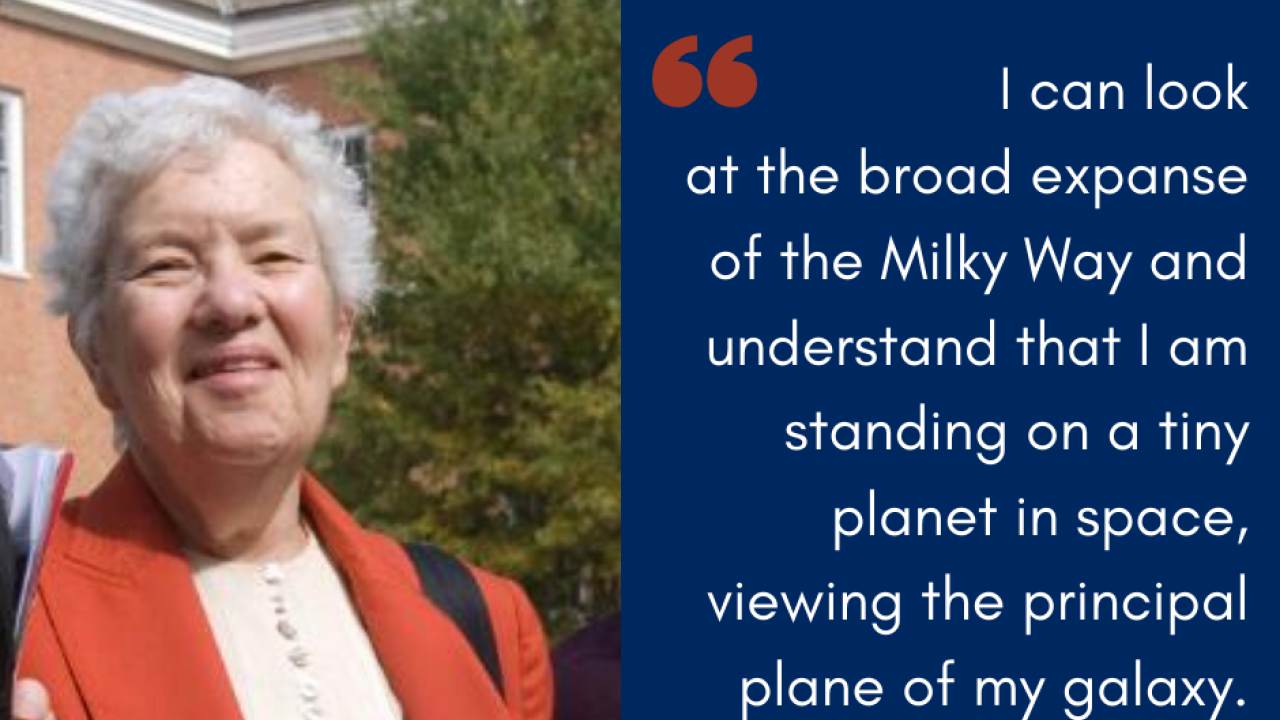
Why be a scientist? Nearly every scientist has a different answer and a different inspiration, drawn from varied careers, outlooks, and experiences. For its 40th anniversary in 2004, ICTP published the book One Hundred Reasons to be a Scientist, a collection of 100 essays from many eminent physicists and mathematicians with a connection to ICTP. The book is a source of many insights from the lives and careers of scientists, including Mildred Dresselhaus, Freeman Dyson, Vera Rubin, and Francis K.A. Allotey. The authors discuss what led them to study science, the difficulties they encountered and overcame, and their passions and hopes for the future.
We are revisiting twenty of these stories highlighting one of them every week, sharing inspirations from the essays and showcasing the words of these great scientists. During the uncertainty of the current global pandemic, the words will hopefully help researchers feel less alone in their scientific path.
We are presenting this week the story of Vera C. Rubin, an American astronomer best known for her pioneering work on galaxy rotation rates, that provided some of the first evidence for the existence of dark matter and is considered a major turning point in cosmological theory.
Rubin has been a strong advocate for women in science throughout her life and academic career. As a scientist, teacher and mother of four, she was very keen to mentor aspiring female students in astronomy. She has been awarded several prizes, including the Gold Medal of the Royal Astronomical Society and the National Medal of Science, and had a large observatory named after her, the Rubin Observatory in Chile.
In her essay, Rubin tells how she started staring at the night sky at a young age, and how her deep interest in discovering more about stars and galaxies has always been the engine of her research. You can read it here.
If you want to learn more about Vera Rubin, here you can read “An Interesting Voyage”, an autobiographical journey through her scientific life.
If you speak Spanish, here you can also read an article on the importance of Vera Rubin in science, from ICTP-SAIFR blog.
Finally, if you are interested in learning about 99 more scientists and what inspired them, you can find the whole book in electronic format for free download on ICTP’s library website, in English, Italian and Urdu.
Here you can read the previous stories:
















